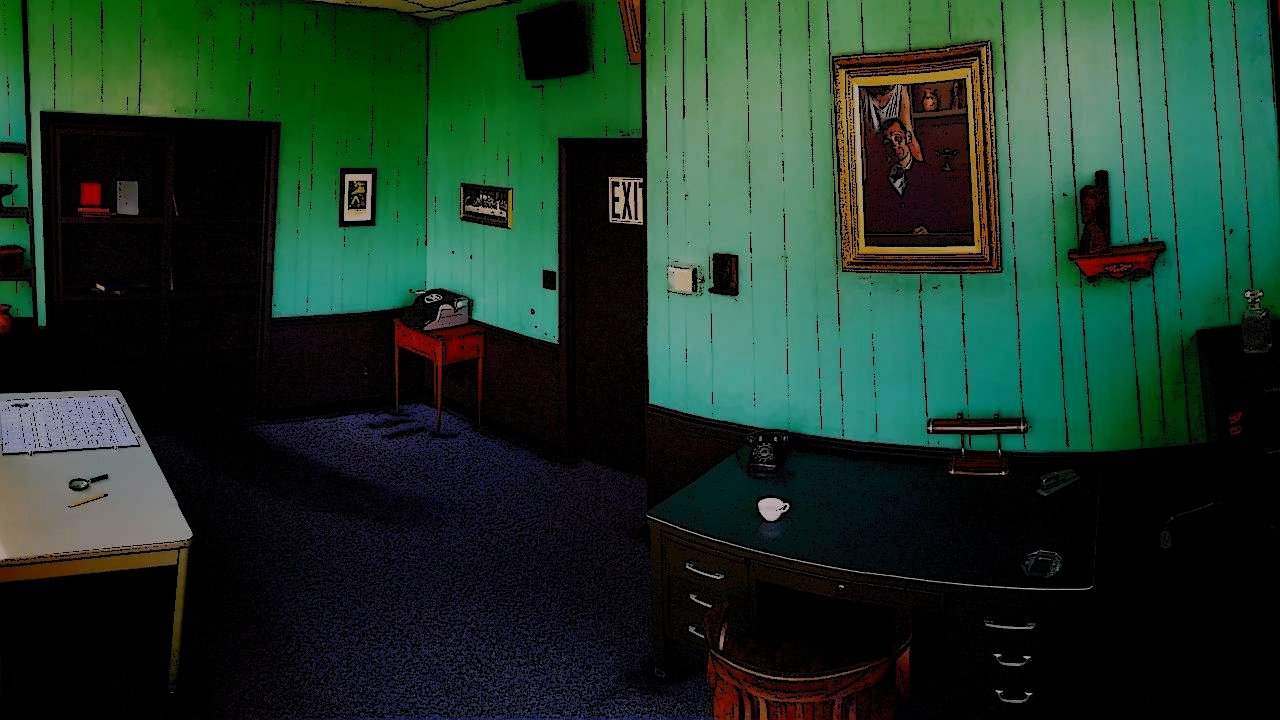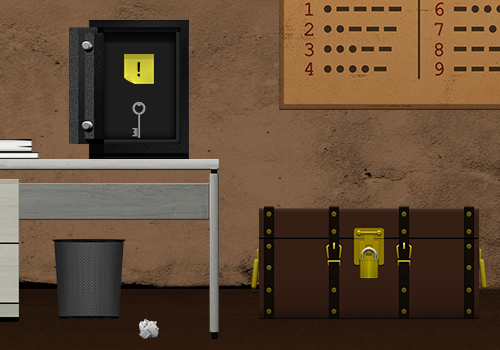The Ultimate Journey Awaits at the Best Escape Room in Los Angeles for Game Lovers
The Ultimate Journey Awaits at the Best Escape Room in Los Angeles for Game Lovers
Blog Article
Study a World of Journey and Problem-Solving in Escape Rooms
Escape rooms have actually surged in popularity, using a distinct blend of experience and cognitive difficulty that captivates participants of all ages. These interactive experiences immerse players in themed atmospheres where teamwork and vital reasoning are extremely important to success. From unraveling detailed historical mysteries to browsing spooky, spine-chilling situations, each space gives a distinct story that tests your analytic acumen. Whether you're a seasoned lover or an interested newcomer, the attraction of these immersive challenges beckons. However what exactly gas this fascination, and how can one maximize their experience? The answers might surprise you.
The Increase of Escape Rooms
Escape rooms have actually seen a considerable rise in appeal over the past decade, changing from specific niche enjoyment to a mainstream sensation. Coming from Japan around 2007, these interactive challenge games quickly mesmerized audiences worldwide. The immersive experience of being "secured" in a room and working collaboratively to address puzzles within an established timeframe provides an unique mix of adventure and cognitive challenge.
The surge of retreat rooms can be associated to numerous factors. The interactive nature of escape spaces uses a tangible contrast to the online avoidance widespread in digital video gaming.
Getaway spaces foster cooperation and interaction, encouraging individuals to merge their abilities and knowledge (escape room). The consistent development of challenge design and technical combination guarantees that escape areas stay fresh and difficult, adding to their continual popularity.
Kinds Of Escape Room Styles

One common theme is the "Mystery and Investigative" category, where participants assume the function of investigators entrusted with fixing a criminal offense or revealing a covert truth. These rooms usually feature complex problems and narrative-driven challenges that require keen observation and rational thinking.
An additional preferred style is "Historical and Journey". Right here, gamers might find themselves in old Egypt, browsing with a pharaoh's burial place, or during The Second World War, deciphering opponent messages. These themes give an academic spin, mixing historic facts with interesting gameplay.
For those looking for an excitement, "Horror and Paranormal" retreat areas supply spine-chilling experiences. Set in haunted residences or deserted asylums, these areas count on atmospheric impacts and psychological scares to enhance the stress.
Secret Skills for Success
Success in retreat spaces rests on a blend of important abilities that participants need to harness to get over the varied obstacles they will encounter. Primary amongst these is efficient interaction. Concise and clear sharing of info ensures that all staff member understand explorations and can develop on each other's understandings. Equally essential is synergy; escape areas require a collective effort, where each individual's strengths are made use of to take on various challenges and tasks effectively.
Analytical thinking is additionally important, enabling teams to try these out dissect complicated challenges and establish sensible links in between inconsonant components within the area. Time administration is an additional crucial, as the taken care of duration of escape room experiences necessitates reliable allocation of time to various tasks and puzzles.
Flexibility and adaptability must not be forgotten. The ability to pivot methods when initial strategies fail guarantees that groups can dynamically reply to developing difficulties. Maintaining a calm temperament under stress aids in clear thinking and stops the onset of stress-induced errors. Proficiency of these skills collectively boosts the likelihood of a successful retreat.
The Psychology of Problem-Solving
Recognizing the psychology of problem-solving is important for browsing the complex obstacles presented by getaway spaces. Problem-solving is a cognitive process that includes identifying an issue, creating possible options, evaluating them, and after that executing the most effective strategy. Cognitive psycho therapists have long examined this procedure, identifying various phases such as problem identification, structuring the issue, and making use of formulas or heuristics to locate solutions.
Escape rooms create a setting where participants must swiftly relocate with these cognitive phases under stress. The high-stakes, time-constrained nature of getaway spaces can generate a state of enhanced stimulation, which can either enhance or harm cognitive efficiency relying on the person's stress response. The Yerkes-Dodson Legislation suggests that moderate tension levels can maximize problem-solving abilities, whereas excessive stress can be damaging.
Additionally, getaway rooms frequently need collective problem-solving, leveraging group characteristics to improve cognitive procedures. Concepts of social cognition highlight the value of communication, shared psychological versions, and cumulative issue this page representation. Efficient teamwork can lead to more ingenious services and diverse viewpoints, highlighting the function of social and cognitive psychology in these immersive experiences. Comprehending these psychological principles can substantially improve one's ability to fix intricate puzzles effectively.
Tips for First-Timers
Starting your very first escape area adventure can be both daunting and awesome. To improve your experience, it is necessary to approach it with an approach. Firstly, set up a team with diverse abilities. A mix of analytical thinkers, imaginative minds, and good communicators is excellent. The more varied the ability, the far better furnished you'll be to deal with different kinds of problems.
Interaction within the team is critical. Share searchings for and insights promptly, as one person's exploration can be the missing piece one more demands. Prevent one-track mind; if a challenge seems insurmountable, pass it on to a colleague to get a fresh perspective.
Time administration is likewise crucial. Maintain an eye on the clock and assign your time sensibly. It could be prudent to move on and return to it later. if a certain problem is consuming also much time.

Verdict
Getaway areas supply an one-of-a-kind blend of experience, cognitive challenge, and immersive narration, making them a preferred option for both enjoyment and skill advancement. The psychological advantages obtained from these experiences expand beyond the escape area, promoting improved interpersonal abilities and cognitive features.
The constant advancement of challenge design and technical combination makes sure that escape spaces remain fresh and challenging, contributing to their sustained popularity. - la escape room
Just as essential is synergy; retreat spaces require a collaborative effort, where each participant's staminas are made use of to deal with different challenges and tasks effectively.
Time monitoring is an additional necessary, as the fixed period of getaway area experiences necessitates efficient allowance of time to different jobs and challenges.
Comprehending the psychology of problem-solving is critical for browsing the elaborate difficulties provided by escape rooms.Additionally, getaway areas often additional resources need joint analytic, leveraging group dynamics to improve cognitive procedures.
Report this page